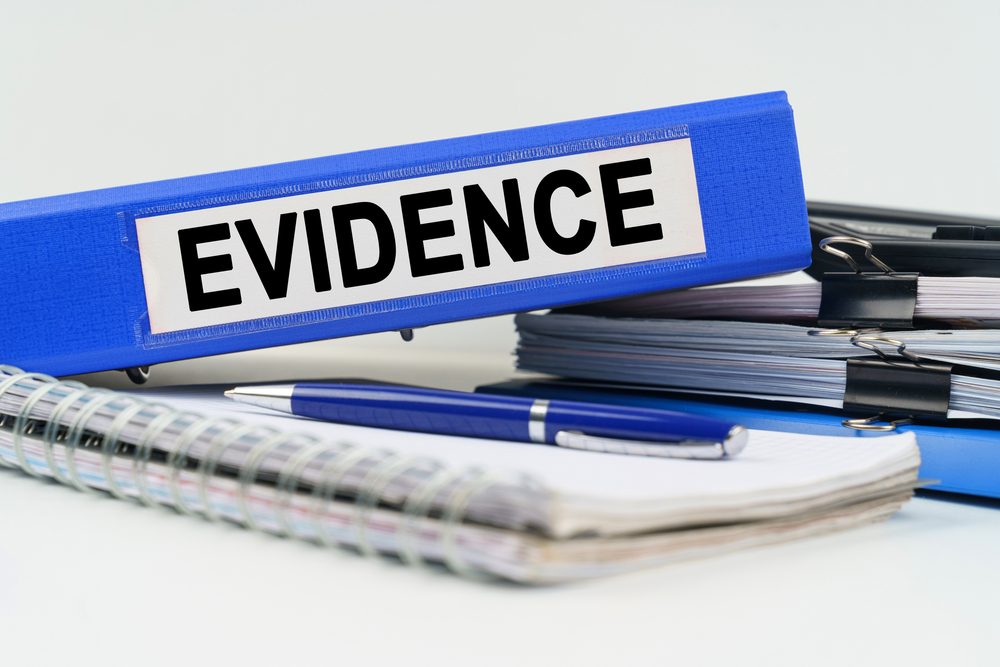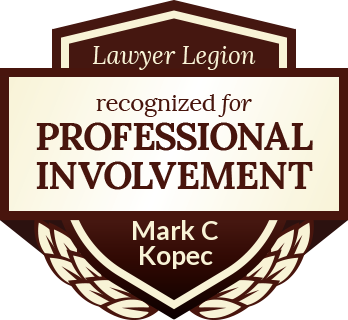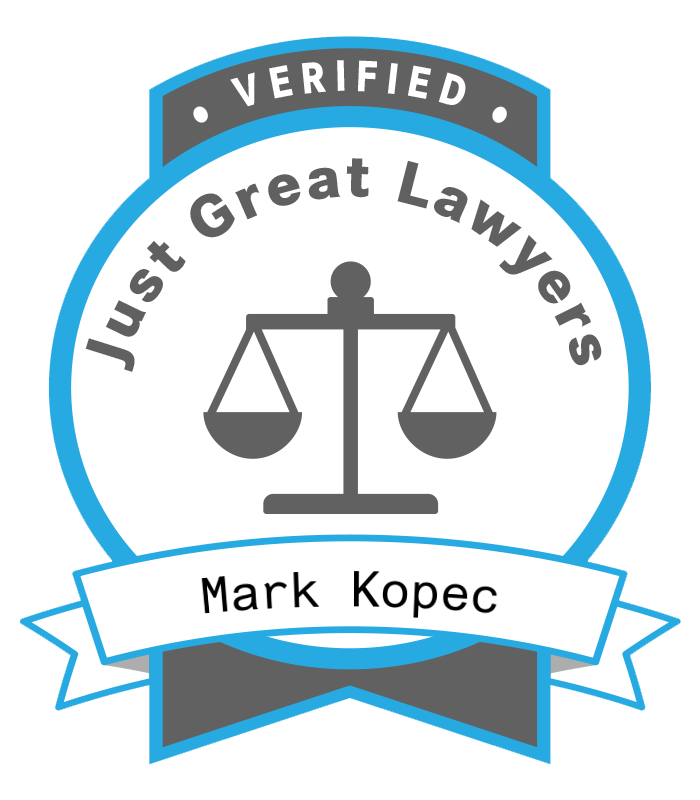Impeachment Evidence: Reese v. Baltimore
The Baltimore Medical Malpractice Lawyer Blog discusses Maryland personal injury cases in which issues arise that can also come up in medical malpractice cases. In this post, I discuss the evidence issue of impeachment by extrinsic evidence in a collateral matter. The case is the Appellate Court of Maryland May 27, 2025, unreported opinion in Reese v. Mayor & City Council of Baltimore, No. 1882.
Factual Background
The plaintiff, while skateboarding, encountered a loose brick on a promenade on city property in Baltimore’s inner harbor, leading to an injury that required surgery. He filed a suit against the city in the Circuit Court for Baltimore City for negligent maintenance of the promenade. (Op. at 1-2).
At trial, the defendant called a maintenance supervisor to testify. He testified that his crews were at the promenade once or twice weekly. When a maintenance crew sees something they can fix immediately, they fix it instantly. (Id. at 3). The plaintiff showed the witness a service summary report from 9 months before the incident that discussed missing bricks in the promenade in other locations. The witness said he was not familiar with the document and that it would not have gone to him. The defense objected to the lack of foundation, and the plaintiff stated it was to impeach the testimony that crews fix a missing brick immediately. (Id. at 3-4).

The circuit court judge sustained the objection because the witness testified that he had not seen the document before and it would not have come to him. (Id. at 6). The jury found for the defense, and the plaintiff then appealed. (Id. at 2).
Appellate Court of Maryland
Extrinsic evidence of contradiction for impeachment ordinarily only is admitted in non-collateral matters. However, the court had the discretion to admit extrinsic evidence on collateral matters. (Id. at 8, Rule 5-616(b)(2)). Evidence is extrinsic when it is proved through another witness or by an exhibit not acknowledged or authenticated by the witness the party is trying to contradict. (Id.). The test of collateralness is whether the contradicted fact is relevant independently of being a contradiction. (Id. at 9).
In this case, the court held that the document was extrinsic evidence on a collateral matter. The plaintiff could not establish a link between the failure to make prior repairs and the specific brick that injured the plaintiff. (Id. at 11). As a result, it was within the trial court’s discretion to exclude the document. The document did not impeach the witness’s testimony because it did not show that maintenance failed to fix the other bricks. The Appellate Court held that the trial judge did not abuse his discretion in excluding the document. (Id. at 16).
Commentary by Baltimore Medical Malpractice Lawyer Mark Kopec on Impeachment by Extrinsic Evidence in a Collateral Matter
This trial was a difficult loss for the plaintiff. The plaintiff had been skateboarding on a portion of the inner harbor, which, as evidence indicates, was attended to by a maintenance crew once to twice a week. The plaintiff suffered a significant injury after hitting a loose brick.
In trying to use the service summary report, the plaintiff ran into trouble because his document would not have gone to the witness. As a result, the trial judge would not let the plaintiff question the witness about it.
Impeachment using extrinsic evidence on collateral matters is something that many lawyers and judges do not fully understand. It is not easy when examining a witness, and on the spot, you have to do an impeachment in this situation.
Example of Impeachment by Extrinsic Evidence in a Collateral Matter
However, one approach might have looked like the following. Without showing the witness the document, ask:
You are familiar with service summary reports?
You see them as a matter of course in your work?
They can list matters that need fixing?
(Holding up the document) In fact, there have been times when service summary reports list bricks that were not fixed immediately?
The important thing is that the lawyer has just stated what he wants the jury to hear without using the document – that bricks aren’t always fixed immediately. This statement is the key to impeachment by extrinsic evidence on collateral matters. The document usually does not enter evidence. It’s the question that is often the most important. You hope the witness agrees with you, but you are generally stuck with his answer.
The plaintiff’s focus here was a failure to admit the document into evidence. Based on how the examination played out, there was little chance that the plaintiff would win this appeal.
You can read additional posts on evidence issues.
Mark Kopec is a top-rated Baltimore medical malpractice lawyer. Contact us at 800-604-0704 to speak directly with Attorney Kopec in a free consultation. The Kopec Law Firm is in Baltimore and helps clients throughout Maryland and Washington, D.C. Thank you for reading the Baltimore Medical Malpractice Lawyer Blog.





